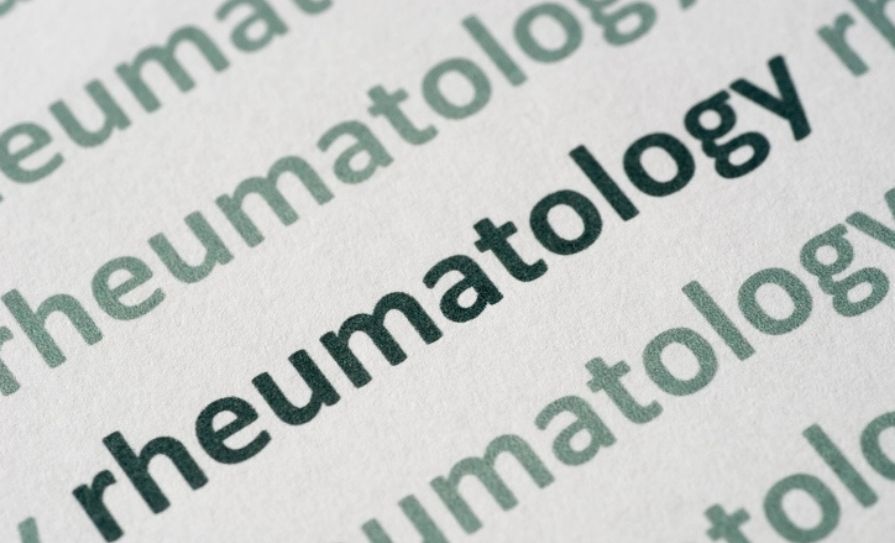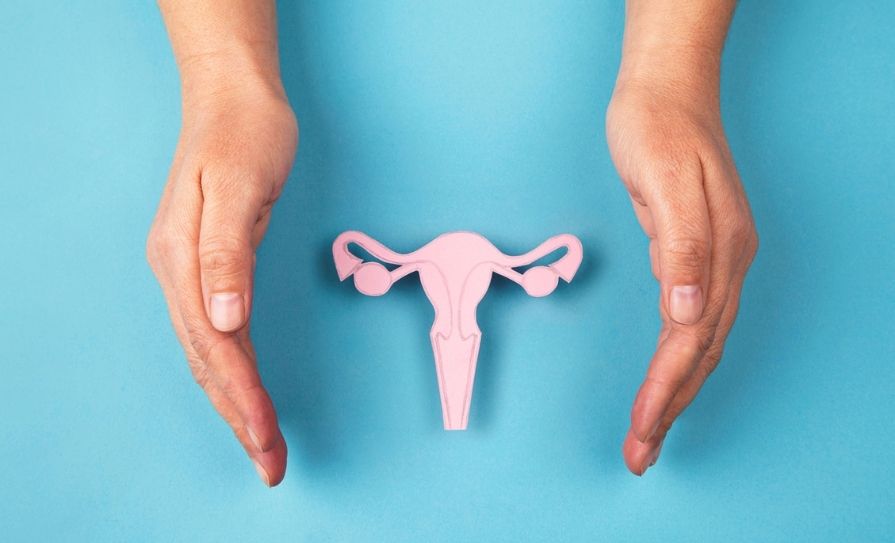Ten years after its creation, the National Breast Cancer GP Referral Guideline has been updated and the new version will be rolled out imminently
Breast cancer is the most common invasive cancer affecting women in Ireland, with 3,667 cases annually. The median age at diagnosis is 55-59 years. Survival is increasing, with a five-year survival of 84 per cent and 10-year survival of 77 per cent. Irish women have a one-in-seven lifetime risk of developing breast cancer.
Background
In 2010, Ireland’s National Cancer Control Programme (NCCP) published the National Breast Cancer General Practitioner Referral Guideline. Ten years on, it is now timely to update this guideline to reflect the most up to date evidence available. It is anticipated that the updated National Breast Cancer GP Referral Guideline and accompanying e-referral form will be rolled out for use by GPs across Ireland in early 2021.
There are eight Symptomatic Breast Disease (SBD) clinics across Ireland (with one satellite clinic in Letterkenny), where approximately 40,000 new patients are referred by their GP each year.
The updated guideline was developed by a multidisciplinary stakeholder group, comprising hospital specialists, administrative and nursing staff, GPs, and patient representation.
The group made a series of recommendations based on the best available international evidence, combined with clinical expertise and patient values. These recommendations were then incorporated into a number of clearly defined, evidence-based algorithms, which form the basis of the guideline.
Breast symptom algorithms
When a patient presents to their GP with a concern, the GP can refer to the updated referral guideline when considering the next steps for their patient. These will facilitate GPs in determining which patients with breast symptoms require referral to secondary care, where they will then be triaged by the SBD clinic.
There are three evidence-based algorithms:
- A patient with a breast lump.
- A patient who presents with another breast complaint.
- A patient who presents with mastalgia (breast pain) alone.
Electronic referral
Electronic referral is a swift and secure means of referring patients to the SBD clinics. GPs are strongly encouraged to refer patients to the SBD clinics using the new e-referral form, which has been updated to reflect the new referral guideline and algorithms. The new e-referral form allows GPs to provide more details of the patients’ signs and symptoms so that the SBD clinic can more effectively triage patients.
The following methods of sending referrals are not acceptable: Fax, old versions of the referral form, email (including via Healthmail), or hand-delivered letters/forms.
Impact on patients
The new guideline will have a positive impact on patients. Streamlining the referral process will enable a more effective triage of patients by the SBD clinics and improve the prioritisation of patients most suspicious of cancer. Two week appointments for urgent patients will continue.
Impact on GPs
The update is not expected to have a major impact on the way GPs work. The updated e-referral form will look different and will be filled out in a different way. Cognisant of the workload faced by GPs, however, every effort has been made to ensure that the switch over to the updated breast cancer guideline and e-referral form will be as seamless as possible. GPs will not be required to make any changes to their software.
The e-referral form will be updated automatically, and free of charge to GPs, on Socrates, Helix Practice Manager, Health One, and GP Clinical. Non-computerised practices can access the e-referral form using Healthlink, the secure national health messaging system.
Where can I find out more?
The guidelines will be available on the NCCP website (www.hse.ie/cancer). Further information updates will be disseminated to all stakeholders as part of the project roll-out.
When will the new guideline be put into use?
It is anticipated that the new guideline and accompanying e-referral form will be rolled out early this year. The introduction of the new National Breast Cancer GP Referral Guideline and accompanying e-referral form will provide many benefits to all stakeholders. Dr Risteárd Ó Laoide, National Director NCCP, outlined:
“We are happy that work is progressing on the Breast Cancer GP Referral Guideline and are anticipating a launch in early 2021. It is a priority for the NCCP that all national cancer guidelines are developed using an evidence based approach, which aims to improve the outcome for patients diagnosed with cancer. It is always our main goal to ensure patients are treated at the right time, in the right place and by the right people.”













Leave a Reply
You must be logged in to post a comment.